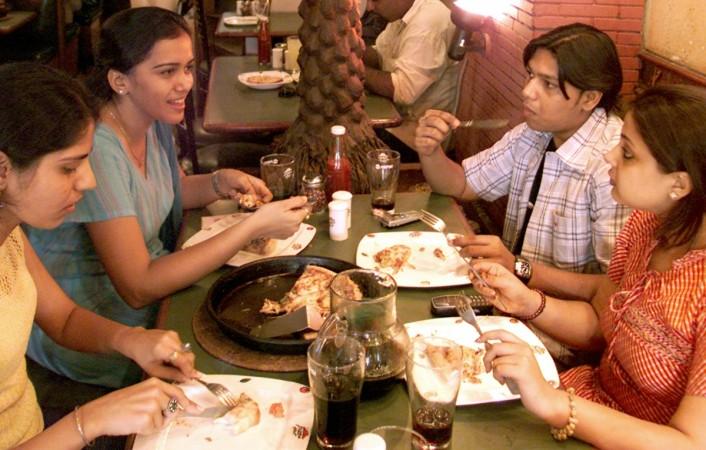
Food bills at restaurants may come down if the Delhi High Court rules in favour of a petition that challenges the manner in which taxes are levied by these outlets.
While hearing the petition filed by two law students, who alleged that restaurants are also charging value added tax (VAT) on the service component of food bills, resulting in inflated amount payable by people, a Delhi High Court bench comprising Chief Justice G Rohini and Justice Sangita Dhingra Sehgal issued a notice to the Delhi government to respond on the matter and fixed Oct. 3 as the next date of hearing.
Anish Agarwal and Avi Tandon, students of the National Law University, Jodhpur, cited provisions of the Service Tax (Determination of Value) Rules, 2006 to buttress their argument, according to the Bar & Bench.
Rule 2C fixes the service component of food bills at 40 percent in places where "goods, being food or any other article of human consumption or any drink (whether or not intoxicating) is supplied..."
However, restaurants in Delhi are levying VAT (at 20 percent on alcohol and aerated drinks, and 12.5 percent on other food items and beverages) on the total amount of the bill, while they should be charging VAT only on 60 percent of the bill amount.
Service tax, which falls under the Centre's domain, is 15 percent.
Besides seeking the Delhi High Court's intervention for initiating due action against erring restaurants, the petitioners also want the Delhi government to issue appropriate circulars to the outlets that they should charge VAT only on the goods component of food bills.
It may be mentioned here that the proposed Goods and Services Tax (GST) will replace all these taxes, removing anomalies in levying taxes and bringing in transparency.
The Central government has fixed April 1, 2017 as the deadline for rolling out the GST.

















